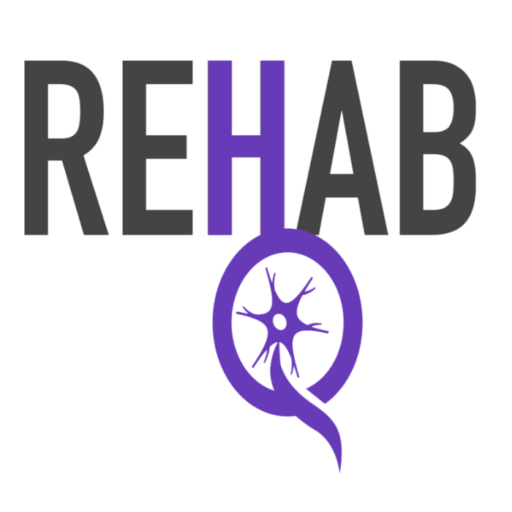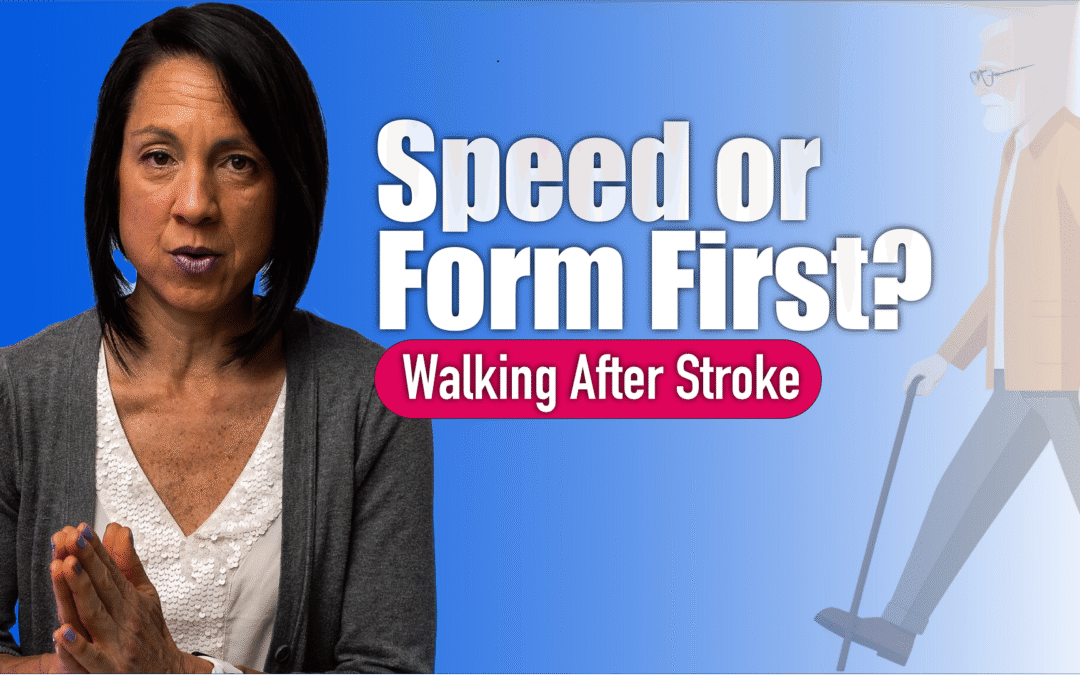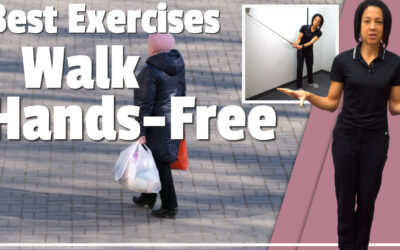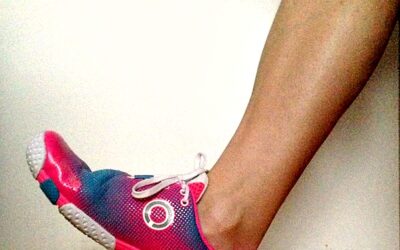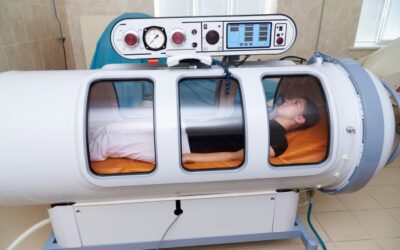The Real Impact of Neuro Rehab on Recovery
Recovering after a stroke often involves long hours of rehabilitation. Neuro rehab programs are designed to retrain the brain and body, helping survivors regain independence. Understanding the difference can help you make the most of your therapy and stay motivated on your rehabilitation journey.
What is Compensation?
This is about finding ways to get things done, even if the movement isn’t perfect. The focus is on speed and independence, using your stronger, unaffected side to assist with daily activities. For example, reaching for a cup quickly, even if your arm swings awkwardly.
Walking Focus: Therapists who emphasize compensation prioritize walking faster and longer, even if your movement isn’t ideal. The goal is function and independence, not perfect form.
Think of compensation as a way to keep moving forward safely, allowing you to perform tasks and participate in daily life without relying entirely on your affected side.
What is Facilitation?
This emphasizes performing movements correctly and efficiently, even if it takes longer. The goal is to retrain the brain and body in a healthy, sustainable way, reducing the risk of compensation or long-term pain. For example, lifting that cup with proper shoulder alignment and controlled movement.
Walking Focus: Therapists using facilitation may slow you down or reduce walking distance temporarily to focus on correct leg movement, posture, and coordination.
Facilitation is all about long-term improvement, preventing compensatory habits that could cause pain or imbalance later on.
When Neuro Rehab May Hurt Instead of Help
Unfortunately, not all neuro rehab programs are equal. Sometimes, therapy may unintentionally hold recovery back.
Common issues include:
-
Outdated methods: Some programs still rely on passive movements or techniques that don’t promote real neuroplasticity.
-
Overuse and pain: Pushing too hard or too soon can lead to shoulder pain, fatigue, or frustration.
-
One-size-fits-all approach: Recovery varies widely, and therapy that isn’t individualized may waste time or stall progress.
-
Neglect of emotional needs: Focusing only on the physical side while ignoring depression, anxiety, or motivation can slow healing.
Which Approach Should You Focus On?
The right approach depends on:
-
How long it has been since your stroke
-
The severity of your stroke and which parts of your body were affected
-
Your personal goals and daily life needs
Early Recovery 0-18 months: Facilitation is often more effective in the first months after a stroke, when the brain is most adaptable. Retraining movement patterns early can prevent long-term compensations that may be harder to correct later.
Later Recovery +18 months: Compensation may become more important if your main goal is independence and safety in daily life, especially when full recovery of the affected side is limited.
The most effective neuro rehab programs balance these two: starting with careful, high-quality movements, then gradually increasing speed and functional independence as the brain adapts.
The Bottom Line
Neuro rehab can be life-changing, but only when it’s done right. The best programs are personalized, evidence-based, and focused on both physical and emotional recovery. Balancing speed/function with form/quality ensures you regain independence safely and sustainably. If your therapy feels like it’s holding you back, it may be time to re-examine your options and explore approaches that truly support healing.
Neuro rehab should help you move forward, not leave you stuck. Ask the hard questions, demand individualized care, and remember: progress is possible.
Articles you may be interested in
How to Fix Circumduction and Walk Better
Why Your Leg Swings Out: Causes and Exercises to Improve Gait https://youtu.be/mXI9oaJ6uHkCircumduction is a common issue after a stroke, where your leg swings out to the side instead of moving straight forward as you walk. This abnormal gait pattern can be...
Discover 15 Principles to Rewiring Your Brain Faster
Discover 15 Principles to Rewiring your Brain Faster Transform Your Mindset and Achieve Rapid Results https://youtu.be/rfSCk_qJe64 Neuroplasticity: Your Brain’s Superpower After a stroke, the brain can suffer damage, but it’s far from the end. But here’s the good...
Eye Exercises for Stroke Survivors: Regaining Vision and Function
Visual impairment is a very common consequence in stroke survivors—almost 50% of stroke survivors become visually impaired. This is primarily because the brain's visual pathways are blocked or damaged when a person experiences a stroke. As a result, patients often...
Improve Balance Reactions
https://vimeo.com/849792292?share=copy
We are products, not prisoners……..
“We are products of our past, but we don’t have to be prisoners of it." - Rick Warren, The Purpose Driven Life Our past is a great teacher for a better future. For example, I wouldn't know how to balance a checkbook, had I not bounced a few checks in...
Complete guide to foot drop
Guide to Foot Drop The peroneal nerve includes a branch of the sciatica nerve that enables movement and supplies sensation to one’s feet, toes, and lower legs. Peroneal neuropathy or common peroneal dysfunction results from nerve damage outside the brain or spinal...
Hyperbaric Oxygen Therapy and Neuroplasticity
Stroke and Brain Injury Background Traumatic brain injuries can result from sudden, violent blows to the head or when an object, such as a bullet, a sharp object, or a piece of skull, penetrates the brain tissue. Mild traumatic brain injuries have temporary effects on...
Does life get better with age?
"All life demands struggle. Those who have everything given to them become lazy, selfish, and insensitive to the real values of life. The very striving and hard work that we so constantly try to avoid is the major building block in the person we are today." - Pope...
Challenge Your Beliefs
If I told you that you have the ability to accomplish whatever you want in life. Would you believe me? “Whether you think you can or can’t, you are right”. – Henry Ford When I was in high school I started “jogging” with the ultimate goal of being able to do my dad’s...
When Goals Go “Rogue”
Setting "big goals" seems to be an admirable quality these days. Whether it is in life or in neuro rehab, stating you have "big goals" seems to tell the world you are "ambitious". I know you have a goal in mind. That skill, movement, activity that you want to be able...
